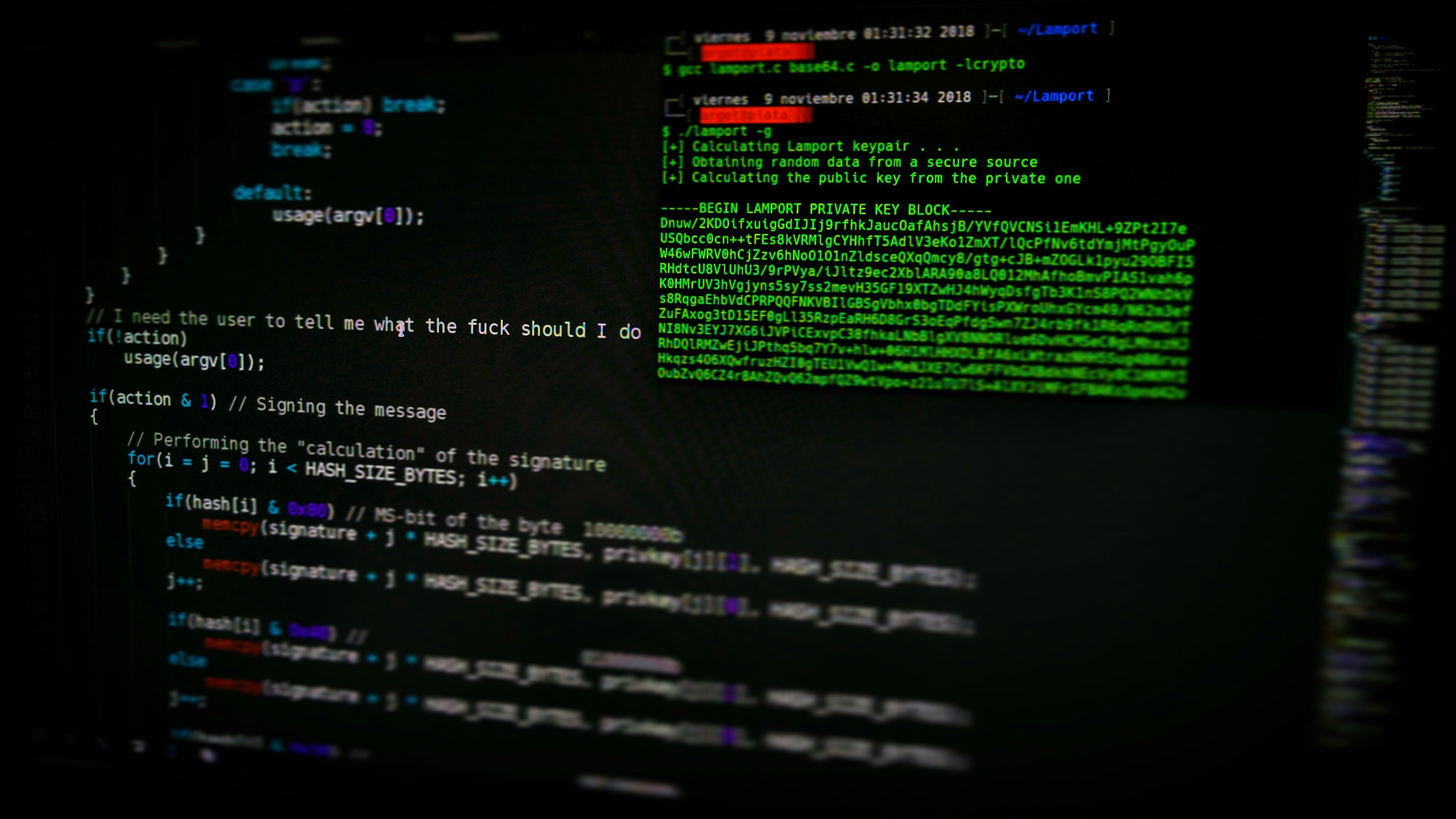Published on
Mar 25, 2025
-
min read

In an era dominated by data breaches and cyber threats, the need for skilled cybersecurity professionals is greater than ever. Germany, known for its technological advancements, offers some of the world’s best cybersecurity programs. These courses equip students with the knowledge and skills required to protect digital infrastructures and effectively combat cybercrime.
1. Tech Innovation Hub
Germany is home to global tech giants like SAP and Siemens, which are leaders in cybersecurity advancements. Many universities collaborate with these companies, offering students industry-relevant exposure through internships and hands-on projects.
2. World-Class Education
German universities are internationally recognized for their excellence in computer science and IT education. Cybersecurity programs emphasize both theoretical concepts and their practical applications, ensuring that students are well-prepared for industry demands.
3. Affordable Tuition Fees
Public universities in Germany often charge minimal or no tuition fees for international students. Scholarships such as DAAD and Deutschlandstipendium make studying even more affordable, covering tuition and living expenses for eligible students.
4. High Employability
The stringent data protection regulations enforced by the European Union have created a robust demand for cybersecurity experts. Graduates from German programs find opportunities in various sectors, including IT, finance, healthcare, and more.
5. Global Networking Opportunities
Germany attracts students from across the globe, creating a diverse, multicultural environment that fosters global connections and valuable networking opportunities.
Top Universities Offering Cybersecurity Programs
Germany’s universities are known for their cutting-edge cybersecurity programs, combining theoretical study with practical exposure. Here are the top institutions offering cybersecurity programs:
1. RWTH Aachen University
Program: Master’s in Cyber Security
Highlights: Emphasizes network security, cryptography, and secure software engineering.
2. Technical University of Darmstadt
Program: MSc in IT Security
Highlights: Known for research excellence, covering secure computing and data privacy, in collaboration with leading tech firms.
3. University of Bonn
Program: Master’s in Cyber Security and Cryptography
Highlights: Focuses on advanced cryptographic techniques to secure critical information systems.
4. Technical University of Munich (TUM)
Program: MSc in Information Security
Highlights: Incorporates AI into cybersecurity, focusing on emerging threats and threat mitigation.
5. Hochschule Darmstadt (University of Applied Sciences)
Program: Bachelor’s in IT Security
Highlights: Offers hands-on training in ethical hacking and penetration testing.
Course Structure and Specializations
German cybersecurity programs are designed to tackle the most pressing challenges in the field. They combine foundational knowledge with advanced technical skills, preparing students for the evolving digital landscape.
Core Modules:
Cryptography and Data Security
Network Security and Forensics
Malware Analysis and Reverse Engineering
Secure Software Development
Specializations:
Ethical Hacking: Learn to identify vulnerabilities and test security systems.
AI in Cybersecurity: Explore artificial intelligence’s role in detecting and preventing threats.
Cloud Security: Focus on securing cloud-based infrastructures and data.
Cyber Law and Policy: Understand legal frameworks and policies governing cybersecurity.
Many programs also offer internships and lab-based learning, providing students with valuable, hands-on experience.
Admission Requirements
1. Academic Background
Master’s Programs: A bachelor’s degree in computer science, IT, or a related field.
Undergraduate Programs: A high school diploma.
2. Language Proficiency
English-Taught Programs: TOEFL (minimum 80-100) or IELTS (minimum 6.5-7.0).
German-Taught Programs: DSH or TestDaF certification.
3. Technical Skills
Knowledge of programming languages such as Python, Java, or C++ may be required for advanced programs.
4. Additional Documents
Statement of Purpose (SOP): Detail your interest in cybersecurity, career aspirations, and motivation for studying in Germany.
Letters of Recommendation: Provide academic or professional references to strengthen your application.
Scholarships for Cybersecurity Students
Germany offers several scholarship options that make studying cybersecurity more affordable for international students:
1. DAAD Scholarships
Cover tuition fees, monthly living expenses, and travel costs, making them ideal for international students.
2. Deutschlandstipendium
Provides €300 per month to high-achieving students, supporting their academic and professional growth.
3. Erasmus+
Offers funding for EU students pursuing cybersecurity programs in Germany, covering both education and living expenses.
Career Opportunities After Graduation
Graduates from cybersecurity programs in Germany are well-equipped to take on critical roles across various industries.
Job Roles:
Cybersecurity Analyst: Monitor and secure organizational networks and systems.
Ethical Hacker: Test systems for vulnerabilities and recommend improvements.
Information Security Manager: Develop and oversee security policies and practices.
Industries Hiring Graduates:
IT and Software Development: Leading companies like SAP, IBM, and Microsoft.
Banking and Finance: Financial institutions prioritize data protection and risk management.
Healthcare IT: Securing patient data and medical systems is a growing priority in this sector.
Average Salaries:
Entry-Level: €50,000 – €65,000 annually
Mid-Level: €75,000 – €90,000 annually
Senior Roles: €100,000+ annually
Living in Germany as a Cybersecurity Student
1. Cost of Living
Monthly expenses typically range between €900 to €1,200, covering accommodation, food, and transport. Students also benefit from discounts on public transport and cultural activities.
2. Student Life
Universities host cybersecurity clubs, hackathons, and conferences like the Munich Security Conference, providing ample opportunities to network and enhance skills.
3. Cultural Experiences
Germany offers a rich cultural experience, with historical landmarks and modern tech hubs. Students can explore everything from the Berlin Wall to the latest in tech innovations.
Final Thoughts
Studying cybersecurity in Germany is an excellent choice for students passionate about technology and data security. With world-class universities, strong industry collaborations, and high employability rates, Germany provides the ideal environment to develop expertise in this critical field. Whether your interests lie in ethical hacking, AI, or cloud security, a German education in cybersecurity sets you on the path to success.
Take the first step toward a secure digital future—apply to a cybersecurity program in Germany today!

